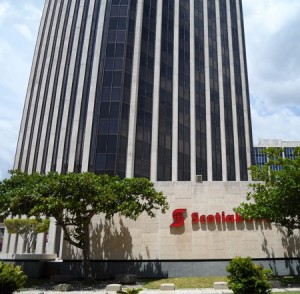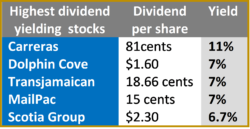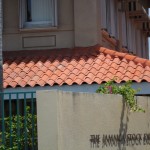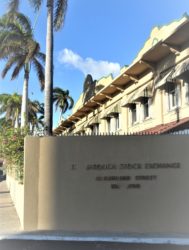The US dollar peaked against the Jamaican currency in July as reflected in Bank of Nova Scotia selling the currency at the highest rate since June at an average of J$157.3698 on July 29 and Citibank selling at an average of US$157.8402. Last Friday, Bank of Nova Scotia sold the US dollar at an average of J$150.3714 and Citibank at $149.08. The indications are that these rates are likely to decline further, with more net selling by National Commercial Bank as the Jamaican dollar goes through one of its frequent yearly swings, in response to demand and supply of the US dollars.

NCB Financial Montego Bay branch
NCB sold off more than twice the amount of US dollars they purchased into the foreign exchange market, since the beginning of June this year up to Friday last week, with the bank selling US$1,298,524,926 or US$874,064,897 more than the US$424,460,029 purchased from the public. In 2020, NCB sold $900 million US dollars more than they purchased.
Data show that net purchases by NCB took place on only 3 days since the start of August. NCB net sales would include the sale of US dollars that emanated from the conversion of the surplus of other currencies into US dollars. The net position reflects a definitive selling short by NCB, with demand for US dollars waning one source informed ICInsider.com and the view that the situation won’t change before December when demand is expected to dip further and supplies increase.
In contrast to the actions of NCB, Bank of Nova Scotia the second largest foreign exchange trader bought US$511,485,130 and sold US$507,936,088 between the beginning of June and Last Friday, data from Bank of Jamaica shows.
Other developments in the foreign exchange market that could have a marked impact on liquidity are the continuing growth in remittance inflows in 2021 over the record 2020 flows. Bank of Jamaica draining of liquidity in the financial system has led to increasing interest rates on BOJ CDS from under one percent a few weeks ago to nearly two percent this week. Recovery in visitor arrival, with August arrivals approaching 80 percent of arrivals in 2019 and well over that of 2020. Increased exports earnings and of course increased imports cost.
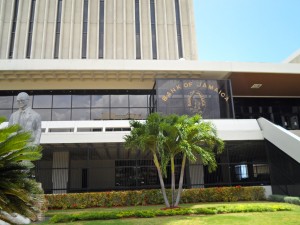
 The extent of NCB’s impact on the local foreign exchange market is not fully known. There are strong views by many with knowledge of developments within the financial sector that sees National Commercial Bank as the main players that influence the value of the Jamaican dollar and they do not like it.
The extent of NCB’s impact on the local foreign exchange market is not fully known. There are strong views by many with knowledge of developments within the financial sector that sees National Commercial Bank as the main players that influence the value of the Jamaican dollar and they do not like it.
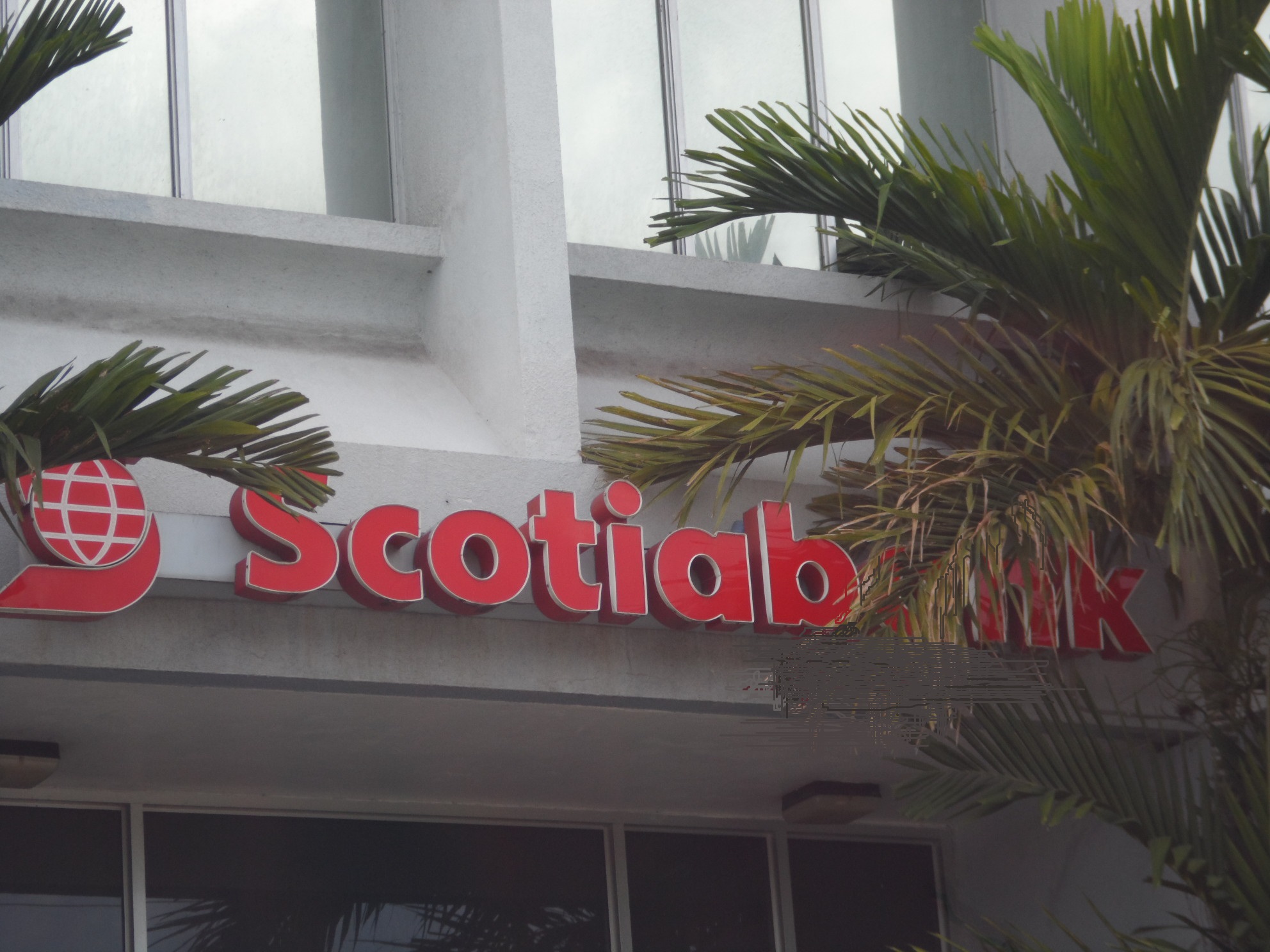

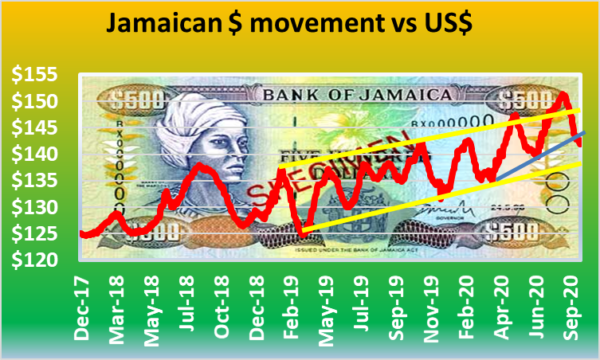 For the week to Thursday, NCB sold off a net of US$24 million. Dealers bought US$32 million on Thursday and sold US$56.6 million compared to buying US$46.8 million and selling US$51.4 million on Wednesday at an average rate of $142.6258. On Thursday, NCB sold a net of nearly US$20 million.
For the week to Thursday, NCB sold off a net of US$24 million. Dealers bought US$32 million on Thursday and sold US$56.6 million compared to buying US$46.8 million and selling US$51.4 million on Wednesday at an average rate of $142.6258. On Thursday, NCB sold a net of nearly US$20 million.
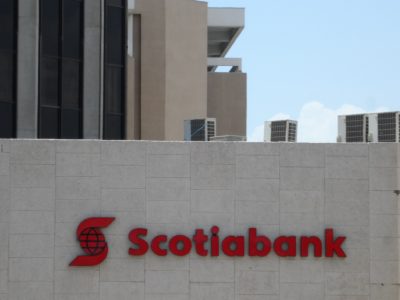
 On Tuesday dealers purchased US$39.6 million from the public at $127.50 and sold $44.86 million at an average of $128.63 down from $128.93 on Monday.
On Tuesday dealers purchased US$39.6 million from the public at $127.50 and sold $44.86 million at an average of $128.63 down from $128.93 on Monday. 
